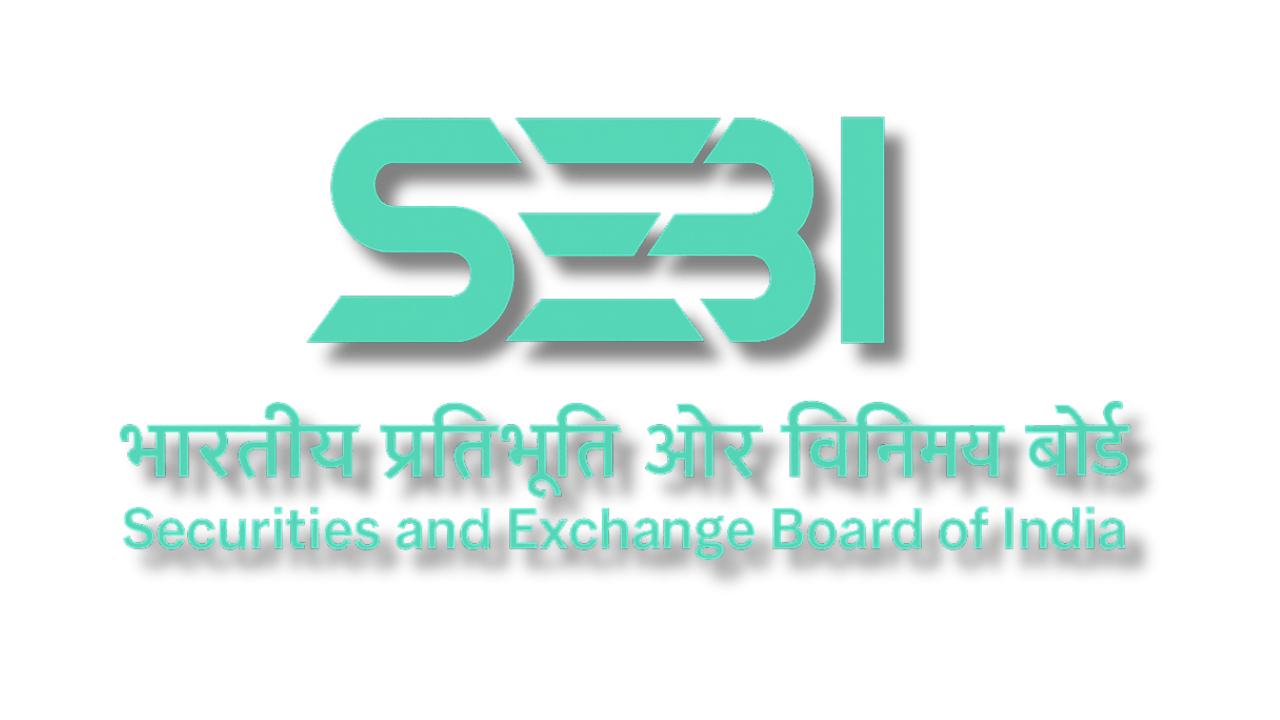Introduction
The paradoxial legal quandary often arises in cases involving a dishonoured cheque and its implications. The debate further deepens with a two-part question: at what stage can the offense be compounded, and what is the role of a mutual settlement? This prompts a crucial discussion on the timeliness and legal validity of an amicable resolution in such cases.
A recent order of the Supreme Court of India highlights the same issue, the case of Gian Chand Garg v. Harpal Singh & Anr1. held that an offence under Section 138 of the NI Act2 can be compounded at any stage, especially when parties have voluntarily reached a settlement. The division bench, comprising Justice Aravind Kumar and Justice Sandeep Mehta, emphasized that the primary nature of the offence is a civil wrong. It further highlighted the importance of amicable settlements and their primacy over protracted litigation in such cases. The focus of discussion was whether a conviction under Section 138 could be set aside after the parties had reached a voluntary and unconditional settlement, especially when a lower court had already upheld the conviction.
This case arose from a complaint filed under the NI Act, following the dishonor of a cheque. The trial court convicted the appellant, a decision subsequently affirmed by the Additional Sessions Judge and the Punjab and Haryana High Court. The appellant’s counsel argued that a compromise agreement had been reached, under which the respondent had accepted a sum in full and final settlement. The respondent’s counsel corroborated this, stating they had no objection to the appellant’s acquittal. An application to this effect was previously filed with the High Court but was dismissed due to being non-maintainable.
The Supreme Court, in its reasoning, referred to several landmark judgments to underscore its decision. The Court first cited M/s. Meters and Instruments Private Limited & Anr. v. Kanchan Mehta3, which clarified that the offence under Section 138 is essentially a civil wrong. This civil nature is further cemented by Section 147 of the NI Act, which makes the offence explicitly compoundable. The provision’s purpose is to ensure the credibility of business transactions and deter fraud. This ruling recognized that the criminal proceedings serve to enforce a financial obligation and can be concluded once the debt is settled.
The Court also referenced P. Mohanraj & Ors. v. M/s. Shah Brothers Ispat Pvt. Ltd4., where the offence was famously described as a “Civil Sheep” in “Criminal Wolf’s Clothing.” This analogy means that while the issue is fundamentally a private civil dispute (the “sheep”), it has been given a criminal legal framework (the “wolf’s clothing”) to ensure the credibility and reliability of negotiable instruments like cheques. The primary objective of the law isn’t to punish but to enforce a civil debt, making it a quasi-criminal offense. Thus, it clarified the dual nature of the offense, highlighting its civil core despite its criminal trappings.
Furthermore, the judgment in M/s. Gimpex Private Limited v. Manoj Goel5 was relied upon, which shared the stance that once a compromise is reached, it “subsumes the original complaint.” It further recognized that parties enter such settlements for various reasons, including higher compensation and faster recovery of money, and once an agreement is voluntarily made, they cannot be permitted to reverse its effects.
Finally, the Court cited B.V. Seshaiah v. State of Telangana & Anr6., reinforcing the idea that courts should not override a voluntary compromise between parties. The reasoning was that parties enter into such a compromise to avoid the rigors of litigation, a right the law explicitly provides for. Therefore, once a settlement is reached, the legal process should honor that agreement, as it serves the interests of both parties and aligns with the law’s intent. The ruling emphasizes the primacy of mutual agreement over judicial imposition in such cases.
With a reliance on the precedents and examining the compromise deed, the Supreme Court concluded that the parties had indeed reached a voluntary and unconditional settlement. The Court noted that the complainant, in consideration of receiving the settled amount, had voluntarily signed a compromise deed, accepting the payment in full and final settlement. The Court reasoned that once such a settlement is reached, the criminal proceedings under Section 138 of the NI Act cannot be sustained. Consequently, the Court set aside the High Court’s order and quashed the conviction and sentence of the appellant. This decision underscores the judiciary’s preference for dispute resolution through mutual agreement, especially in cases that are quasi-civil in nature.
Conclusion
The order of Gian Chand Garg v. Harpal Singh is a clear directive from the Supreme Court on the handling of dishonour of cheque cases. By allowing the compromise to override the conviction, the Court has reinforced the legislative intent behind Section 147 of the NI Act. It sends a powerful message that the purpose of the law is to facilitate the recovery of dues, not to punish offenders when the debt has been settled. This decision is likely to encourage more out-of-court settlements, reducing the burden on the criminal justice system and providing a quicker, more efficient remedy for both parties.
The order’s long-term aftermath is significant. It streamlines the judicial process for cheque bouncing cases and promotes a pragmatic, resolution-oriented approach. It also offers a much-needed reprieve for those who, having settled their dues, might otherwise face the harsh consequences of a criminal conviction.
This ruling may, however, lead to further speculations. For instance, what happens if an accused, having entered a compromise, defaults on the new payment schedule? Should courts play a more active role in monitoring such settlements to prevent potential misuse? The order, while a step in the right direction, highlights the need for a robust framework to handle post-settlement complications, ensuring that justice is not just swift, but also comprehensive.
Citations
- Gian Chand Garg v. Harpal Singh & Anr, Special Leave Petition (Criminal) No. 8050 of 2025
- Negotiable Instruments Act, 1881
- Meters and Instruments (P) Ltd. v. Kanchan Mehta, (2018) 1 SCC 560
- P. Mohanraj v. Shah Bros. Ispat (P) Ltd., (2021) 6 SCC 258
- Gimpex (P) Ltd. v. Manoj Goel, (2022) 11 SCC 705
- B.V. Seshaiah v. State of Telangana, (2023) 18 SCC 512
Expositor(s): Adv. Shreya Mishra






